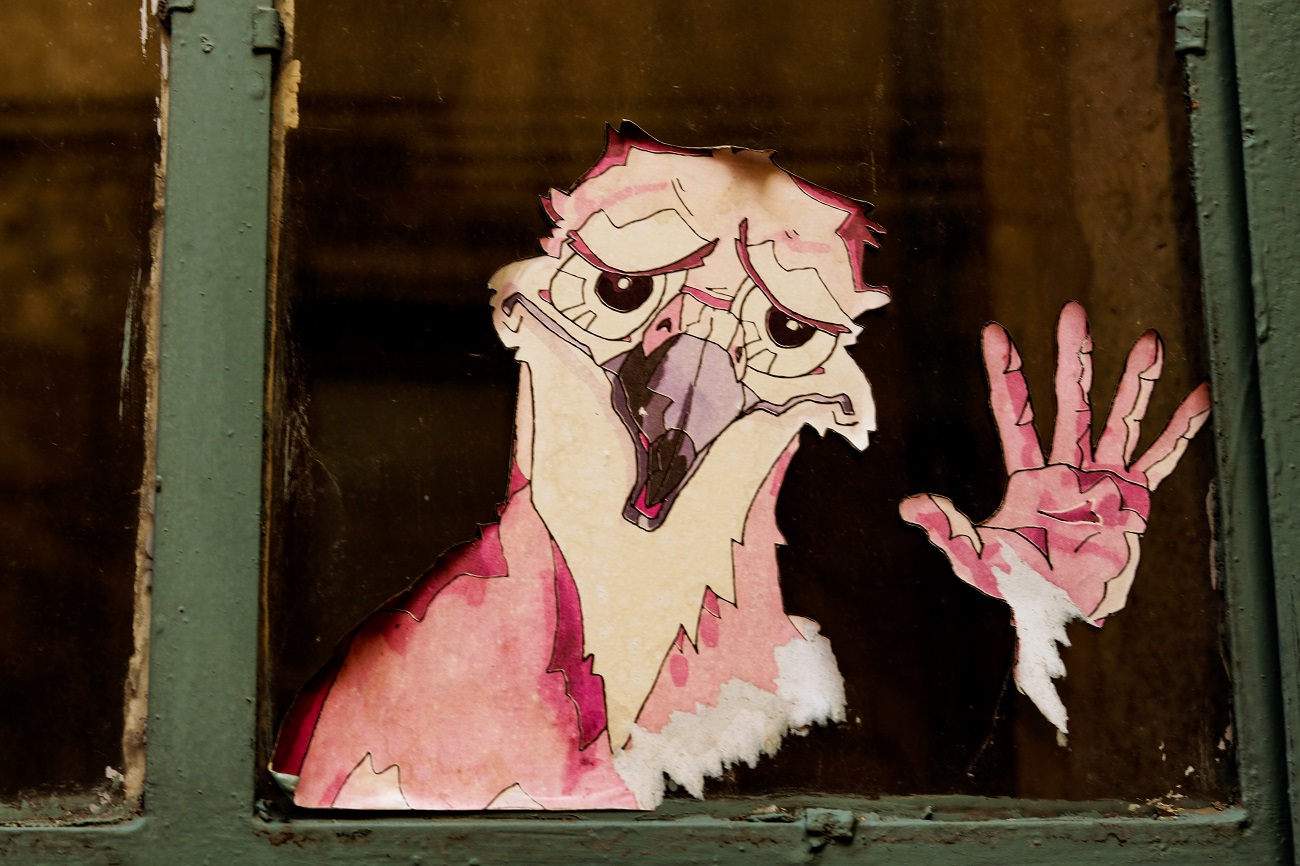When we think of the word “superhero”, we usually think of Batman, Superman, Spiderman, Krrish or any other caped “hero”, who has an extremely complicated personal life, and may/may not have the ability to fly. And their agenda in life is to wipe out all forms of crime and malevolence.
We have seen these superheroes for a long time—peering at us from the glossy graphics of comic-books, jumping out at us on the nearest big screen, streaming in any pocket, available in miniaturized condition in shiny packages in stores and online. We consume stories of their exploits voraciously.
We fight on social media over whether the Marvel Universe is more “heroic” and powerful than the DC universe, or the other way round. Reading about, or watching a “superhero” in action fuels our flights of fancy—it makes each one of us wish we could similarly solve our real-life problems.
Wish-fulfilment. That’s the key phrase here. And capitalism makes sure it becomes a reality.
Our understanding of superheroes is limited to what market forces feed us, day in and day out. Major entertainment companies control most of this “superhero” discourse. They perhaps know that our propensity for fantasizing is what keeps us going in times of adversity. What they sell us in the garb of comic-books and movies is not just an alternate reality—it is a key to our purses, our fantasies and our fears.
Watching a “superhero” in action fuels our flights of fancy—it makes each one of us wish we could similarly solve our real-life problems.
Our fantasy of being the uber-successful superheroes is rooted in our fear of failure.
We face numerous setbacks and challenges at home, at work, in our love lives, in our friendships, and so on. Rejection, ridicule, scorn, anger, abuse—these are all the emotions we fear, as we have never been taught how to deal with them. In a society that constantly parades its successes as trophies, we begin to fear failure. And this fear drives us in to the arms of the “superheroes”.
Every “superhero” narrative cooked up by capitalism needs to boost their character’s credibility by pitting him or her against an opposing force. As Manu Joseph argued in this piece about the 2019 web series The Boys, “there can be no hero without an arch-villain.” A villain has to exist for the hero to flex the muscles, or else fans would start wondering how genuine the hero’s “superpowers” are. Enemies have to be fought. We need our catharsis, logic be damned.
But we, the obedient servants of capitalism, get so lost in the intricacies of fictional universes that a clear, concise comprehension of the real world gets away from us. Our need for heroes becomes so overpowering in real-life that we look to certain well-chosen people for answers. Politicians, godmen, industrialists, actors—we repose our unshakeable faith in them. We endeavour to mimic them. We try following their every move on social media. They represent fame, power, and money.
In a highly-mediatized world, these people become the “youth icons”, the “heroes”. We confer on them the status of demigods, without realizing that they are human too. Just like us. They will make mistakes, they will slip up. We will get hurt, and we will look for a new hero. Rinse and repeat.
The problem is that this approach itself is flawed. Our superheroes are all around us. They don’t wear flashy clothes, they don’t look like as if they woke up in a gym or a beauty parlour, they don’t have fancy gadgets to play around with. Yet they serve as our emotional and financial anchors, slaving away just so that we can live to fight another moment, another day.
We know them by various names—parents, families, friends, helps, cooks, waiters, delivery executives, health care professionals, teachers, et al. Our journey is not ours alone—everyone who has cared for us, supported us and helped shape our viewpoint, are a part of it. They persist with us despite our shortcomings and care for us even when we are at our worst. They’re the superheroes we should be cheering on.
Maybe they don’t fight crime, maybe they don’t have alter egos like Clark Kent, but they have a determination to fight whatever obstacle life throws at them.
And finally, here’s a fun fact we take for granted—we are our own superheroes. Rich or poor, Hindu or Muslim, black or white, Dravidian or Mongoloid or Caucasian, we are all humans. We will fight, we will fail, we will have our good days, we will enjoy our hard-earned successes. We will lose loved ones, we will deliver successful presentations, we will watch our favorite team lose at cricket, we will survive weird music.
Every moment that we live for ourselves and for others, that we decide to live and not just exist, we become the superheroes we long to be. It’s not for nothing that The Score famously sang,
“It’s time to stand up, stand up
Show me what you’re made of
Hands up, hands up…”
Crafted with brevity
to make certain you see what others don't
Subscribe. We are growing.












When he’s not busy watching old cricket matches and reaction videos on Youtube, or marvelling at how bad screenplays in Hindi cinema can get, this guy teaches English literature at a university in West Bengal, besides taking an interest in Indian cinema, popular culture and global media industries. Rony also reviews movies and shows for LetsOTT. He can be reached at rony@nakedtruth.in, on Twitter at @ronypatra, and on Instagram at @rony.writer.